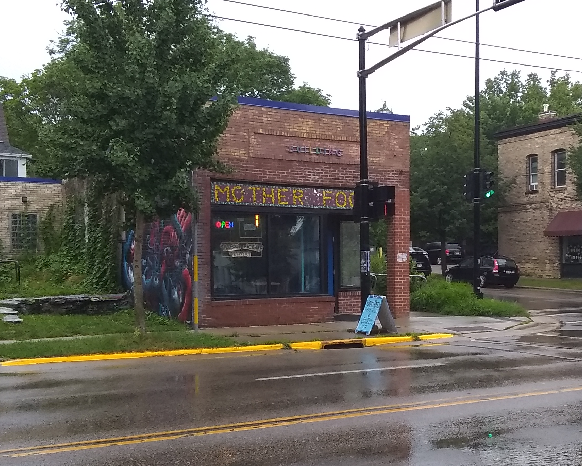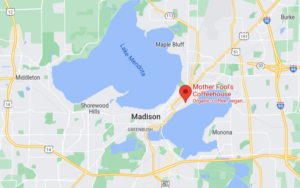I’m going to argue here that the ethical vegan faces difficulty justifying their views against the omnivore. However, one seemingly common argument by the omnivore does not work, and is best described as disingenuous.
It goes something like this. When a vegan claims that it is wrong to harm livestock through agricultural practices this is in fact an over-extension of moral concern, and there does not seem to be a reason to stop at livestock. In fact, even vegans must kill life when they eat plants. Why does the vegan stop their moral concern with animal life when we could extend it to plants as well? To live is to kill. The vegan is in fact naive in thinking that one can live without killing other living beings. Therefore, there is nothing morally worse with the omnivore diet than with the vegan diet.
The above argument is really about placing a burden of line drawing back on vegan. If they want to expand the realm of moral concern to non-human animals, then they will need to tell us why it should not be expanded yet further to an absurd extent.
I think the vegan has several related strategies to reply to the above argument. Below are a couple of them.
- There is a basic epistemic problem of other minds – we can never know for sure that other humans or animals are conscious – but we infer that other minds exist from the similarity of their biology and behavior to our own. Most omnivores extend moral concern to our non-human pet species for this reason. Given how similar livestock animals are to many of our pets, it is reasonable to extend moral concern to them as well. We do not have the same reasons to extend moral concern to plants any more than to rocks or other non-living things. Note that this reasoning might not justify vegan concern for invertebrates, but it certain does so for livestock animals like cows, pigs, and chickens.
- Even if we cannot rule out moral concern for plants, vegans can fall back on a claim that we should limit likely harm wherever possible. This thought has an epistemic and moral calculus flavor. From an epistemic perspective, we are certainly less sure of the moral status of plants than we are of non-human animals. Therefore, we should seek to protect animals before plants. From a harm reduction perspective, we are only ever required morally to do what is possible to reduce harm while looking after our own reasonable interests. It is reasonable to continue eating plants, because we must do it to survive, but not reasonable to continue eating animals just to moderately increase our own enjoyment.
I think that more space could be devoted to these replies though I don’t have time to do so now. Even though I think that this argument against veganism is typically given in a disingenuous way, it actually reveals something important about the vegan argument against eating animals. More on that to come.


